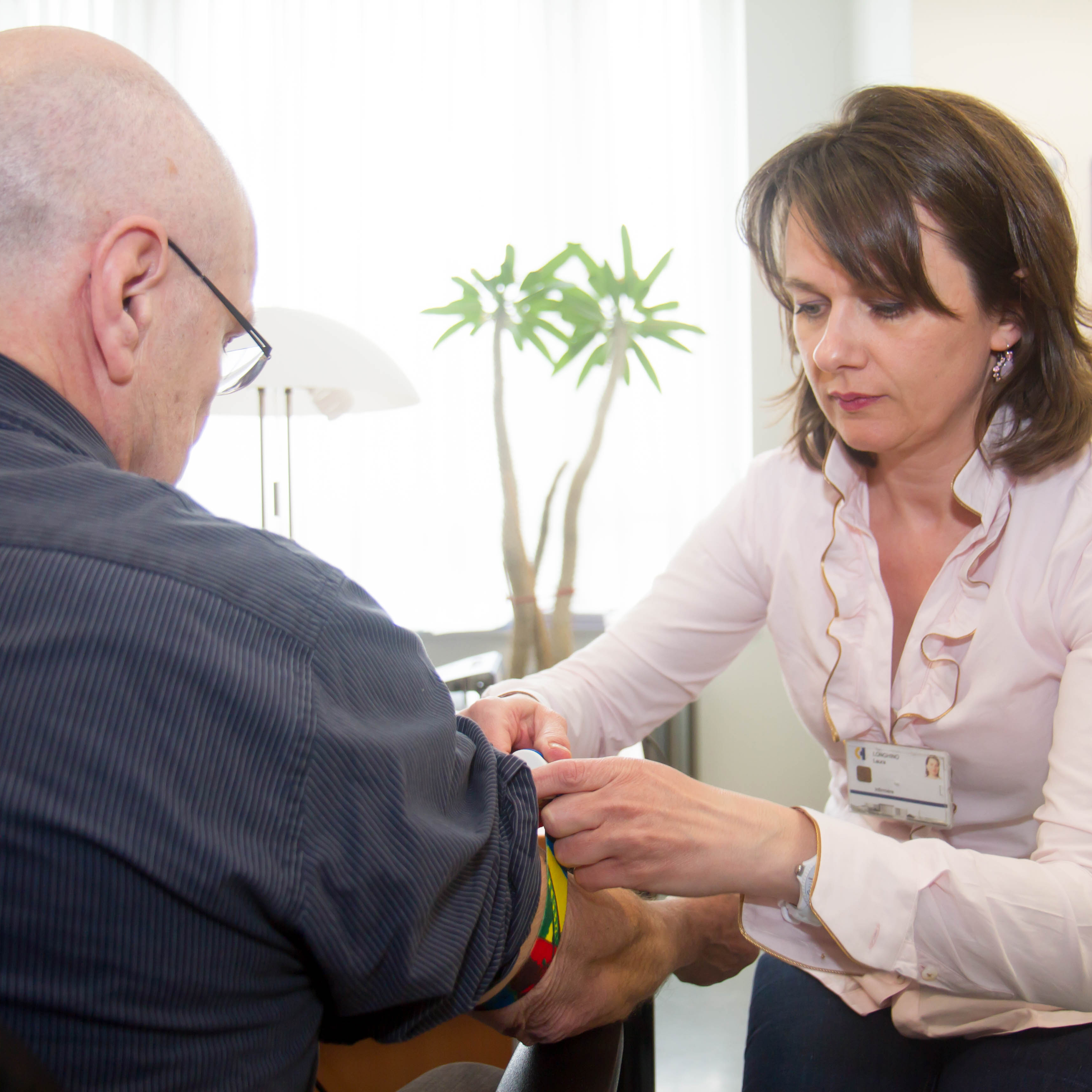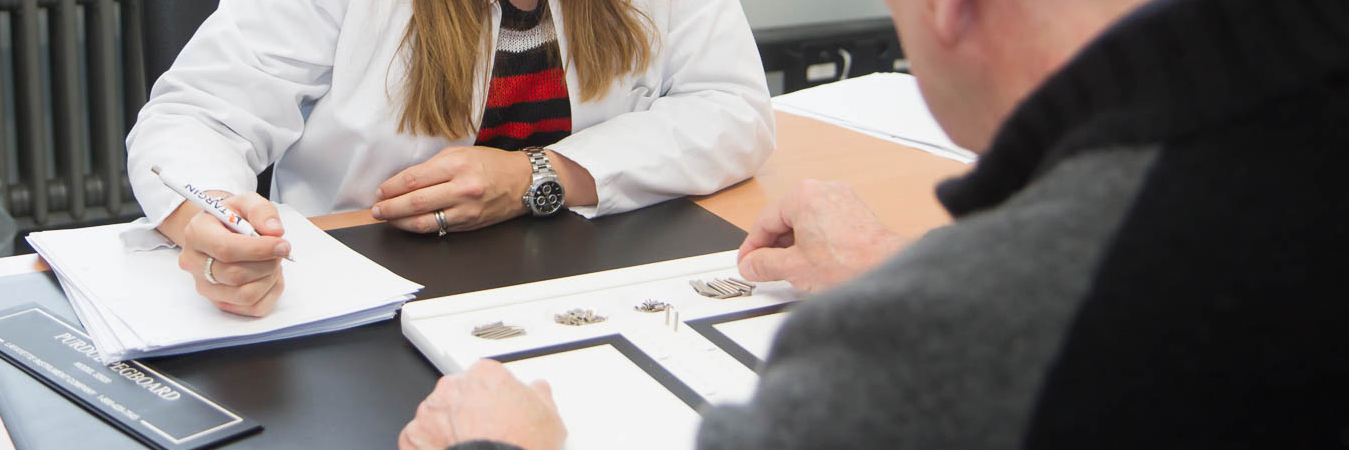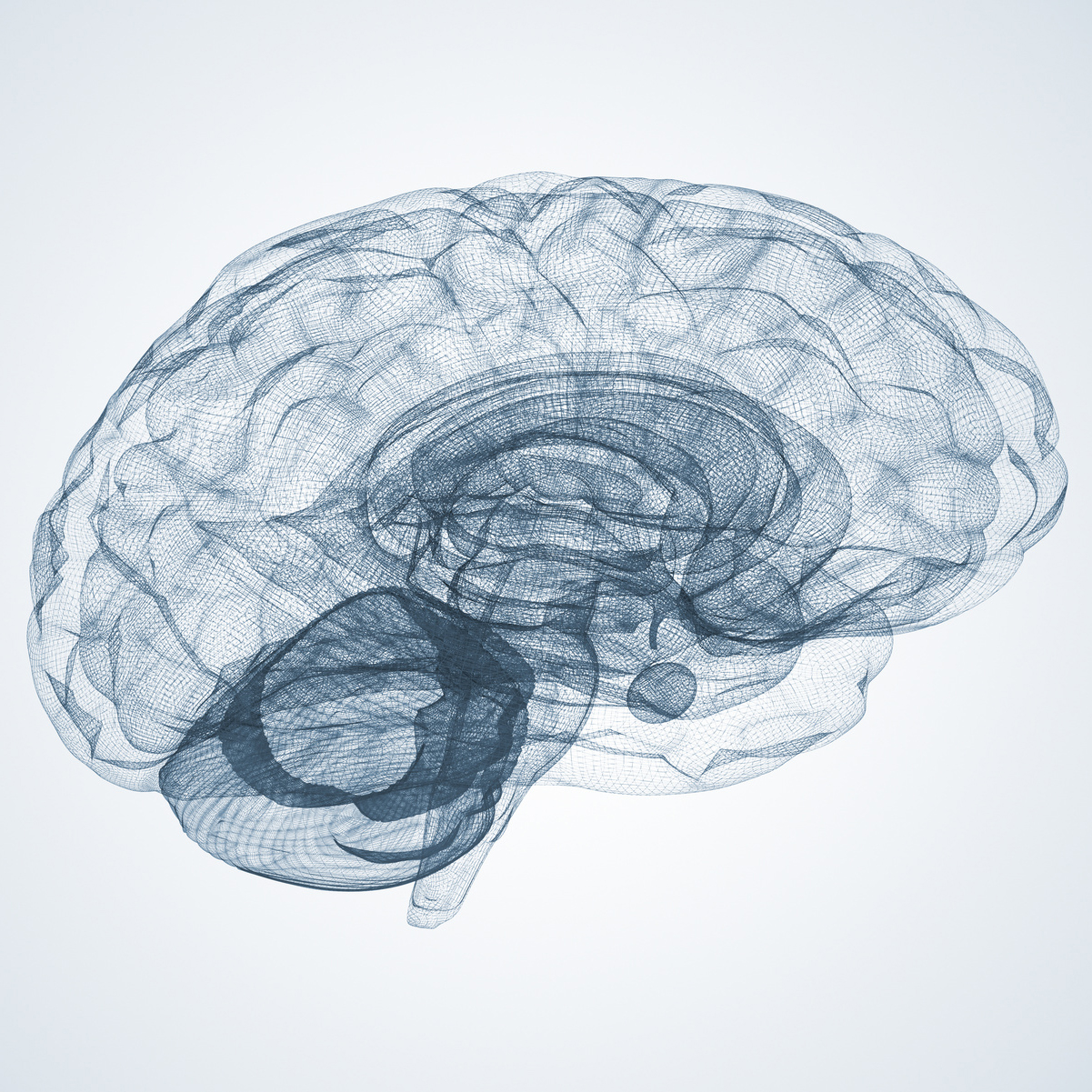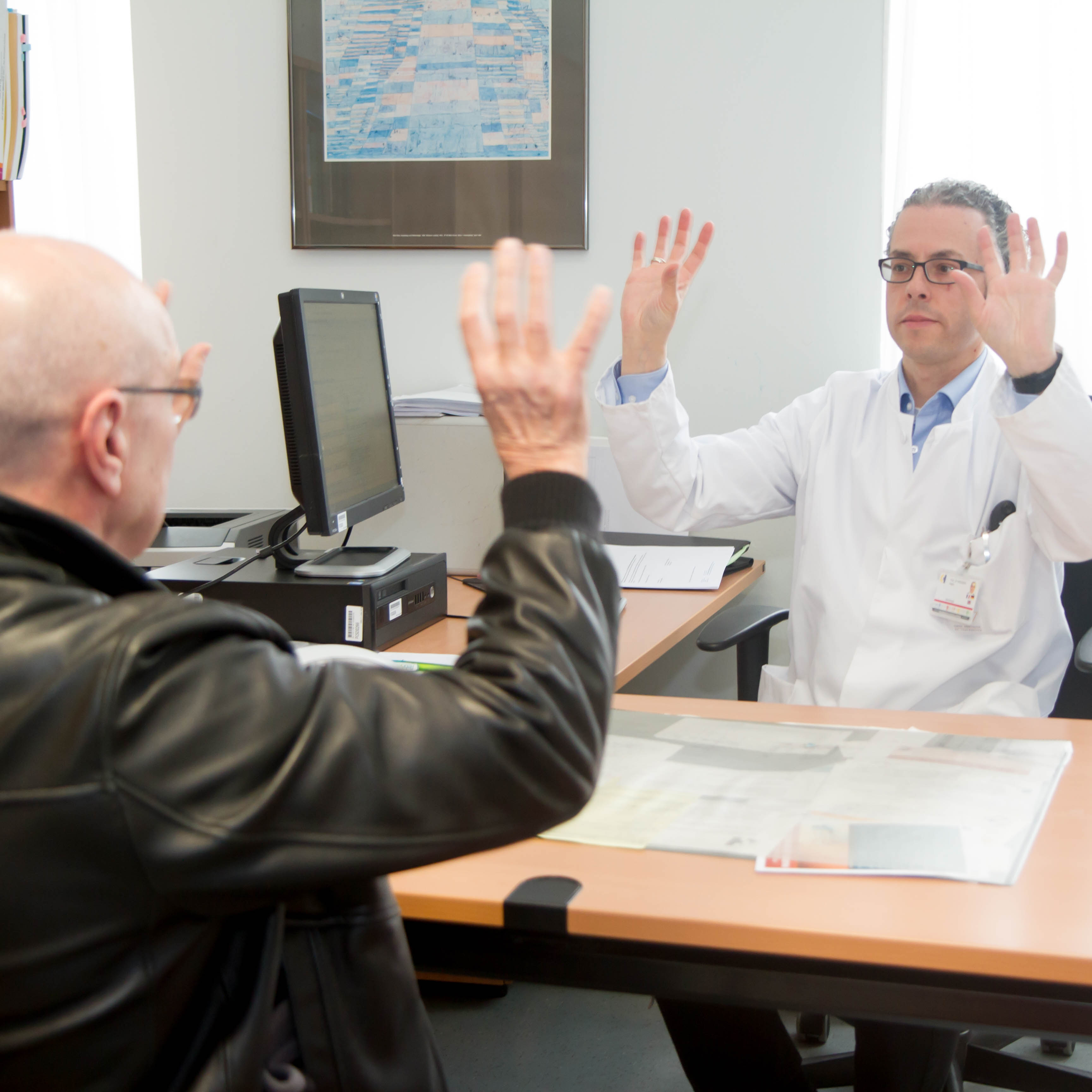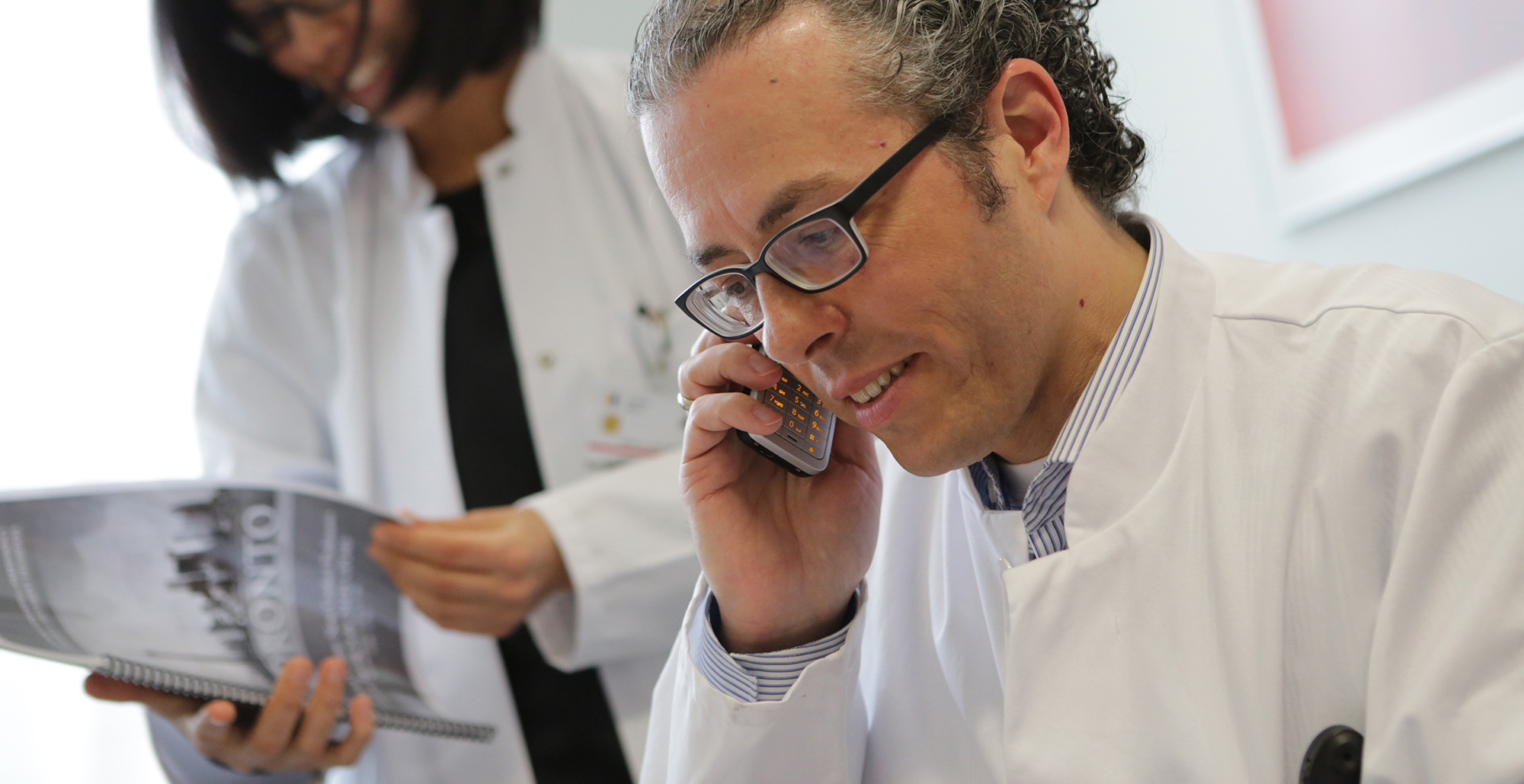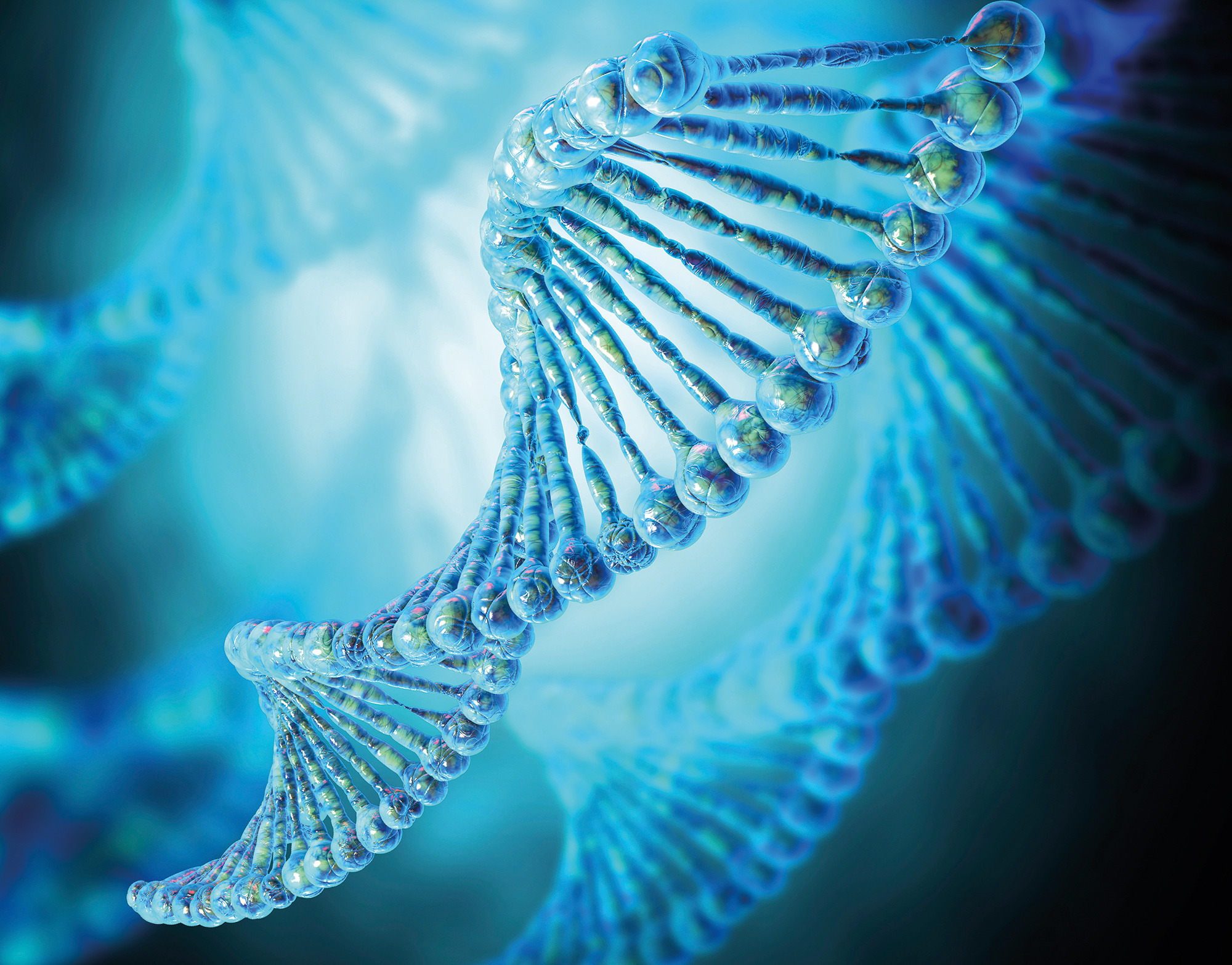Will my information in this collection be kept confidential?
We will collect information from multiple sources: hospital files and records, primary and secondary results of neurological and neuropsychological assessments, which include questionnaires and self-declared responses. The data collected will include: age, gender, ethnicity, demographic data, diagnosis, associated medical conditions, treatment, risk factors, family history of disease, test results, associated diseases and concomitant medication.
Only the medical staff associated with this collection will be able to match your name with your samples and data. Neither the research team nor the team at the IBBL will be able to identify you. Scientific studies of biomaterials can only be correctly interpreted if the research results are connected to disease data.
Some clinical data about yourself (e.g. demographics, diagnosis, disease profile, treatment, laboratory results) will be entered into an electronic database. Your name is replaced by a combination of figures from which identification is impossible. Your samples will therefore be provided to the IBBL without your name on them, and this makes it very unlikely that anyone could identify you. Results from future scientific studies will only be made public anonymously to ensure that no participant can be identified. Your name and identity will not appear in published materials.
Will my samples be stored and used for other research programs?
All coded medical information and samples for this collection will be stored at the IBBL (Integrated BioBank of Luxembourg) for an indefinite period of time. A biobank is a place that collects, stores, processes and distributes biological materials (such as tissue or blood) and the data associated with those materials (such as medical information about the participant).

These research programs are subject to receiving Ethics Committee approval, and may be carried out by either academic (non-commercial) or industrial (commercial) organisations. If you agree to participate, this means that your coded data and samples may be used for other medical research programs, and sent to other countries in Europe and beyond, where the data protection laws may not be as strict. Some of your unused sample may also be used for quality control purposes.
- Videos on Parkinson's disease
- Myths about Parkinson's disease
- Fact sheets
- Biannual newsletter
- Stories from Parkinson's Fighters





